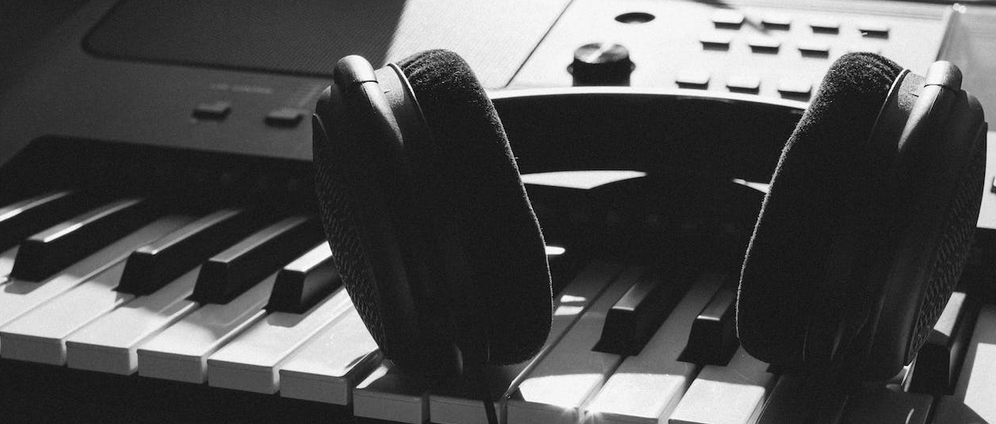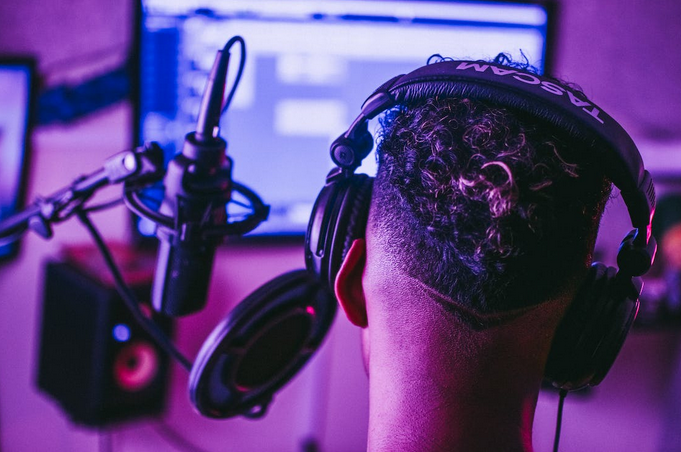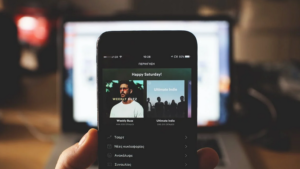
Thanks to technology, the music industry has seen a massive transformation in the past few years. From digital downloads to streaming platforms, how we consume and create music has completely evolved. But that’s just the beginning. In this blog post, we’ll explore how technology is revolutionizing the music industry as we know it and changing the game for both artists and fans alike. So sit back, grab your headphones, and get ready to discover what’s next in this exciting era of musical innovation.
Production and Recording Techniques

Technology has brought about significant advancements in music production and recording techniques. Digital audio workstations (DAWs) have replaced traditional recording studios, allowing musicians to create professional-quality recordings from their homes. DAWs offer a wide range of tools and effects, making it easier to experiment with different sounds, layer tracks and achieve polished productions.
Additionally, virtual instruments and sample libraries have expanded creative possibilities, enabling musicians to explore various sounds and genres. You can now find music samples, like the Unison audio collection, which provides various sounds to help your music stand out. Finally, using plugins and mastering software has made it easier for artists to get professional-quality mixes without needing an expensive studio.
Streaming and Digital Distribution
The rise of streaming platforms has transformed the way we consume music. Services like Spotify, Apple Music, and Tidal have made music more accessible than ever before, offering vast catalogs of songs at our fingertips.
Streaming has shifted the industry’s focus from physical sales to digital distribution, allowing artists to reach a global audience easily. Moreover, streaming analytics provide valuable insights into listener preferences, helping musicians and record labels understand their audience and tailor their releases accordingly.
Social Media and Online Promotion
 Social media platforms have become powerful tools for musicians to connect with fans and promote their work. Platforms like Instagram, Facebook, and Twitter allow artists to engage directly with their audience, share updates, and build a loyal following.
Social media platforms have become powerful tools for musicians to connect with fans and promote their work. Platforms like Instagram, Facebook, and Twitter allow artists to engage directly with their audience, share updates, and build a loyal following.
Social media has also democratized the industry, giving independent artists a platform to showcase their talents and gain recognition without needing major label support. Additionally, platforms like YouTube have launched careers and enabled artists to reach millions of viewers through viral videos and creative content.
Virtual Reality and Immersive Experiences
Technology has opened up exciting possibilities for immersive music experiences through virtual reality (VR) and augmented reality (AR). VR concerts and performances provide a unique and immersive way for fans to experience live music from the comfort of their homes. Artists can create virtual worlds and interactive environments that enhance the emotional connection between the music and the audience.
AR technology, on the other hand, allows for interactive and location-based experiences where music can be seamlessly integrated into physical spaces, creating a new level of engagement and interactivity.
AI and Music Creation
Artificial intelligence (AI) is making its mark on the music industry, with applications ranging from composition and production to personalized music recommendations. AI algorithms can analyze vast amounts of musical data to generate new compositions, assist in songwriting, and even mimic the style of specific artists. AI-powered recommendation systems also significantly shape how we discover and consume music, tailoring personalized playlists and suggestions based on our listening habits and preferences.
Technology continues to reshape the music industry, driving innovation and transforming how music is produced, distributed, and experienced. From advancements in production and recording techniques to the rise of streaming platforms, social media promotion, virtual reality experiences, and the integration of AI, musicians and listeners alike are benefiting from these tech-driven developments. As technology continues to evolve, we can expect even more exciting transformations that will shape the future of music.